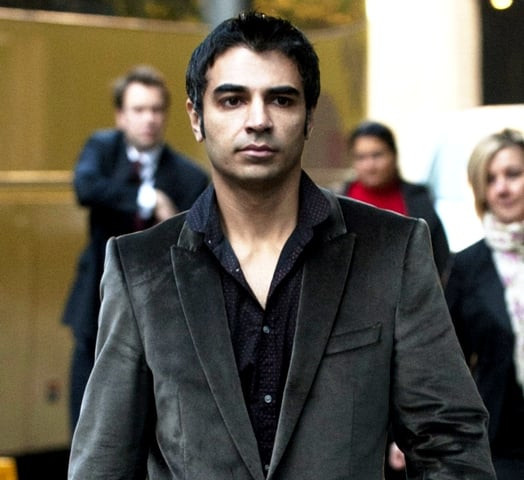PCB shuns Salman Butt’s plea to be given same treatment as Mohammad Amir
Board advised to favour Amir only, says Sethi.

Salman Butt hopes PCB chairperson Najam Sethi will "do for other players" what he is doing for Mohammad Amir. PHOTO: REUTERS/FILE
The PCB is currently pushing the International Cricket Council (ICC) to get Amir’s five-year ban reduced and, as per ICC rules, he is already serving the minimum duration for a ban.
Former captain Butt, who is serving a 10-year ban after being found guilty of spot-fixing, hoped PCB chairperson Najam Sethi will "do for other players" what he is doing for Mohammad Amir.
Sethi said the PCB was supporting the young fast bowler after consulting with top lawyers in the UK.
“The PCB took the British QC [Queen’s Counsel] opinion, which advised only in favour of Amir for various reasons. So I am pursing his case,” he told The Express Tribune.
Amir, who was just 18 when he received the ban, received sympathy from various quarters and was the first of the three to plead guilty. He was also noted for his cooperation with the ICC.
Background
On February 5, 2011 an ICC anti-corruption tribunal banned the three players for a minimum of five years for arranging no-balls to order during the Lord’s Test against England in August 2010.
Butt eventually admitted his guilt in June, 2013 and said he wanted to move on from the disgrace.
Butt was banned for 10 years, with five suspended, Asif for seven with two suspended and Amir for five years. All of them could return to the game in August 2015.



















COMMENTS
Comments are moderated and generally will be posted if they are on-topic and not abusive.
For more information, please see our Comments FAQ